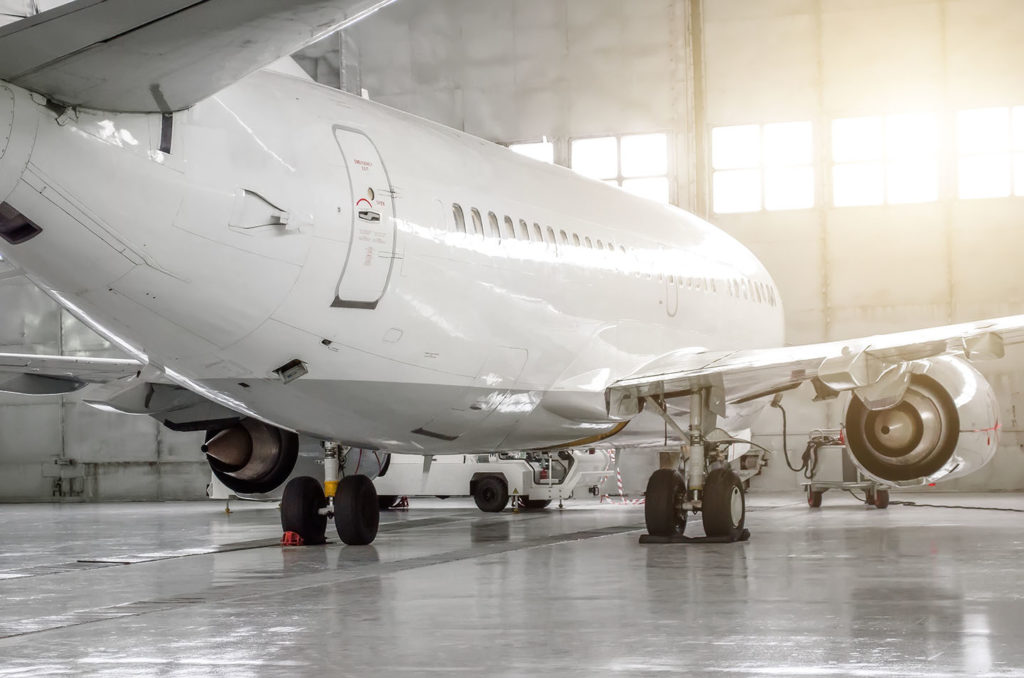Written by North Texas Inno – June 5, 2020
A local business is using tech originally designed for defense uses to help commercial aerospace companies take to the skies more cheaply, efficiently and more sustainably. And it has plans to grow rapidly in the region.
Catalyze Dallas, a venture development firm that specializes in the capitalization and commercialization of defense and industrial innovations, has plans to combine its offices in The Cedars neighborhood of Dallas at the end of this month. And it plans to grow its employee base, launching a new startup under its umbrella each year.
“We’re looking for the carriers and the aerospace corporations that are looking forward. Now is the time to double down on innovation,” Joe D’Cruz Catalyze founder and managing director told NTX Inno. “Our motto is move fast. Things are very positive here, we have not taken our foot off the gas.”
Its most recent company is Alpine Advanced Materials, a structural thermoplastic nanocomposite maker. The company was created in 2019 around technology Catalyze acquired from Lockheed Martin called HX5. D’Cruz said the material, designed to be highly durable for use in fighter jets and missiles, is half the weight of typical aerospace aluminum, making planes more fuel efficient while using less carbon to manufacture. The material can also be used in space flight, as it’s able to withstand temperature extremes on either side.
“We’re pretty excited about that company, especially because it’s out in the forefront,” D’Cruz said.
Alpine operates as a turnkey solution, manufacturing custom parts for companies. Already, D’Cruz said they are working with leaders in many sectors of the aerospace industry, though he declined to share names. Overall, he said the HX5 technology can make an airplane about 4% more fuel efficient and uses about a ninth of the carbon to make.
D’Cruz said the company’s technology has applications that could help play a part in solving some of the biggest challenges facing the globe. In addition to requiring less carbon to make, Alpine’s product increases the distance a plane is able to fly, meaning it uses less carbon on its trips. Also, as NASA and the Department of Defense look to expand public-private partnerships, D’Cruz said the product could help in the future of space flight.
“We’re talking about millions of metric tons [of carbon] a year that doesn’t go in the atmosphere,” he said. “We can bring real returns to [companies] significantly faster than anything else right now,” D’Cruz said. “[We’re] leaving this place a better world… I have five kids and two grandkids, so we’re trying to leave it better than when we entered it and this is one of the ways that we can do that.”
Throughout the pandemic, D’Cruz said business has been increasing for Alpine, as aerospace companies are looking for ways to cut costs due to a dramatic decline in travel amid lockdown orders. However, overall Catalyze has put on hold plans to ramp up its 16 member team to around 50 by the first quarter of next year.
But plans for growth haven’t completely been put on hold. Surpassing Q1 projections this year and expecting to do so next quarter, D’Cruz said it’s planning to double its team to 30 by the end of the year. Most recently, Alpine hired former senior acquisition lead on the Chief of Staff of the Army’s transition team Col. Willie Coleman as its new VP of business development for the defense and commercial spaces.
And if things go to plan, D’Cruz said the Alpine is considering bringing a manufacturing facility to Southern Dallas, and along with it many jobs in an area that has historically been economically neglected. He also said Catalyze plans to launch a new company each year.
“I looked at it as bringing some high tech down there and helping the community really find its way,” D’Cruz said. “The belief is you don’t really talk about yourself, you let your company and your product do the talking. We hope that nobody looks at Catalyze, but they look at the companies we bring to market.”
North Texas is an ideal region for the company, D’Cruz said. Well established in the startup community, Catalyze co-founder and managing partner Tricia D’Cruz was executive VP of product operations for Dallas-based Efficient Networks, which developed DSL broadband and was eventually acquired by Siemens in 2002 for $1.5 billion. D’Cruz is also a mentor at Health Wildcatters. He said the Metroplex has one of the best pools of software engineers in the country, in addition to its central geographic location and business-friendly environment.
In addition to Alpine, Catalyze operates Catalyze Dallas Advisors, a managed services company to keep its portfolio companies on the same legal, marketing and IT systems. It also owns Metro Aerospace, a company launched in 2016 to commercialize Lockheed’s Microvane technology, which also helps reduce emissions and fuel costs on aircraft. The 3D-printed technology reduces drag on an aircraft and lowers temperature in the engine. The technology is being used by the Nigerian Air Force.
“I go to a quote I heard by Ross Perot, ‘it’s all about creating a company that people talk about and want to partner with,'” D’Cruz said. “What I see in Dallas is one of the most open communities. There are probably more skilled engineers in the Dallas-Fort Worth area than there are in Silicon Valley. I would put any DFW engineer up against any Silicon Valley engineer any day.”
